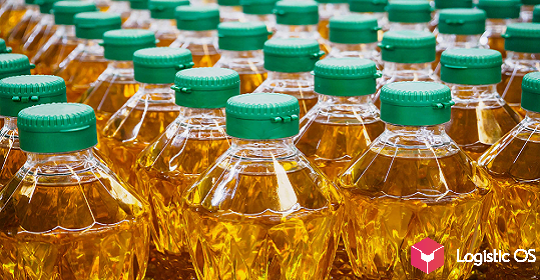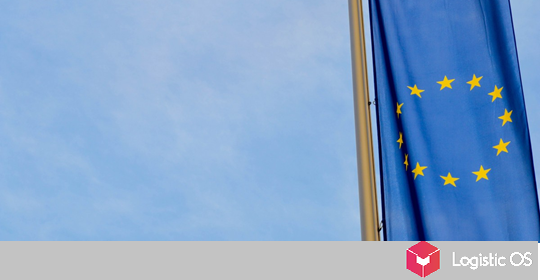According to analysts, by 2030, Russia can significantly increase the share of meat and dairy products in its agricultural exports.
The priority goal for Russian farmers is currently to increase exports by 2030.
Recently, Russian President Vladimir Putin set the industry the task of increasing agricultural exports by 1.5 times in the remaining 6 years, which is a very ambitious, but generally feasible task, many analysts believe.
According to experts, grain will continue to make up the basis of agricultural exports from the Russian Federation. There are plans that in 2030 their export volume will amount to about 75 million tons.
This is significantly more than 43 million tons in 2021, while in monetary terms, the volumes will increase from $ 11 billion to 17 billion.
At the same time, significant changes may occur in the supply of other types of agricultural products.
For example, meat exports may increase from 600 thousand tons to 1.5 million tons, dairy products — from 200 thousand tons to 300 thousand, confectionery products — from 800 thousand tons to 900 thousand tons.
Many experts believe that such a shift in emphasis would benefit farmers, since milk and meat are much more marginal goods than grain.
As for the supply of processed industry products abroad, this is even more important, because it allows Russian products to go directly «to the shelves» of foreign stores, rather than being supplied to foreign factories as raw materials.
In particular, there are plans to increase flour exports by 2030 to 1.7 million tons.
However, today’s growth in flour supplies is mainly due to the high export duty on grain, experts note. And when it is canceled, a significant decrease in volumes is almost inevitable.
At the same time, theoretically, Russian companies, of course, have the opportunity to increase the volume of agricultural production. But much will depend on the external and internal situation.
As for the external situation, many Russian agricultural enterprises have long been primarily export-oriented; for many of them, the supply of products abroad is not a secondary, but the main sales channel.
For this reason, it is very important for them to have a favorable price situation on the world market, a healthy balance of supply and demand, and also for sanctions and other restrictions not to interfere with logistics and payments for delivered goods.
If by 2030 the existing problems in this area are solved and new ones do not appear, this will significantly help Russian farmers in achieving the goal set by the president.
As for the internal situation, this is primarily state support, analysts believe.
We are talking about direct subsidies and the provision of preferential loans, which are especially relevant today, because the key rate of the Central Bank is now at its maximum levels, which makes it very difficult for companies to obtain financing.
Ultimately, the government’s actions to support farmers will largely determine whether it will be possible to achieve the stated export goals by 2030.

